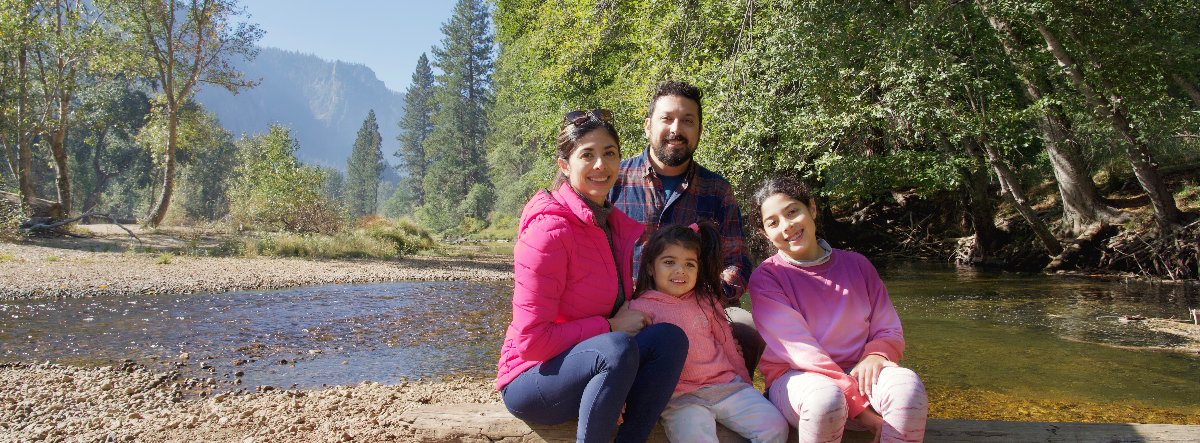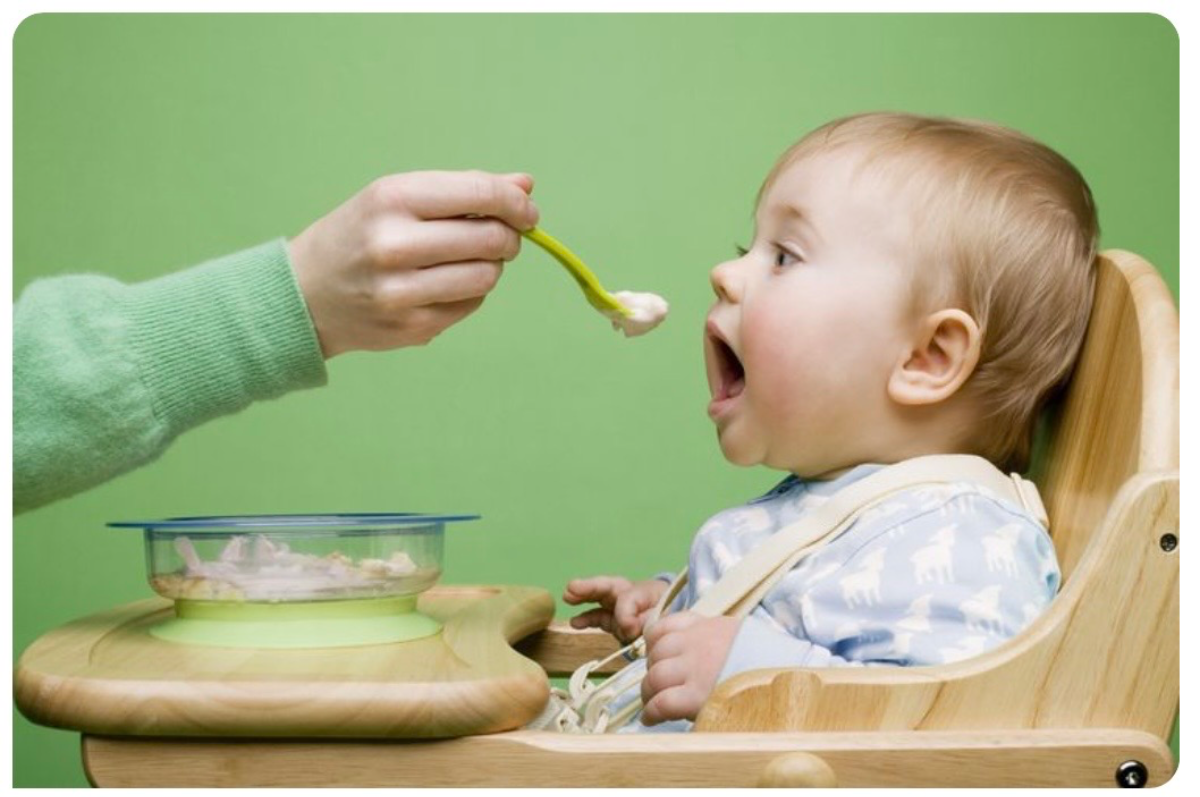














One of the most exciting milestones in your baby’s first year is introducing solid foods. It’s a big step, for both baby and parents! While every child’s journey looks a little different, there are some simple guidelines that can help you feel confident when starting solids.
At Sunny Trails Pediatrics, we’re here to walk you through this stage with practical, safe, and encouraging advice.
When is Your Baby Ready?
Most babies are ready to start solids around 4-6 months of age. Look for these signs:
💡 Tip: If you’re unsure, check in with your pediatrician before starting.
What Foods Should You Start With?
The first foods you offer should be simple, safe, and nutrient-rich. Iron-rich foods are especially important at this stage. Some great options include:
Start with one food at a time and wait about 3–5 days before introducing another. This makes it easier to spot any food allergies or sensitivities.
How Much and How Often?
In the beginning, solids are about exploration, not nutrition, your baby will still get most of their calories from breast milk or formula. Start with a teaspoon or two once a day, then gradually increase as your baby shows more interest.
By around 8–9 months, many babies are eating solids 2–3 times per day alongside breast milk or formula.
What About Allergies?
It used to be common to delay foods like peanuts, eggs, or fish. Newer research shows that introducing common allergens early (around 6 months) may actually reduce the risk of developing food allergies.
Always introduce one allergen at a time, in small amounts, and during the day (so you can watch for any reaction). If your baby has severe eczema, a strong family history of food allergies, or other concerns, talk to your pediatrician before introducing allergenic foods.
Foods to Avoid in the First Year
Some foods are not safe for babies under 12 months:
Making Mealtime Fun
Starting solids is more than just nutrition, it’s a sensory experience! Let your baby touch, mash, and play with food. Expect a mess (and maybe wear a bib yourself) but remember that exploration is how babies learn.
Remember, introducing solids is an exciting milestone and a chance to set the stage for a lifetime of healthy eating. Keep mealtimes relaxed, let your baby set the pace, and celebrate their small victories along the way.
At Sunny Trails Pediatrics, we’re here to guide you through each stage of your baby’s growth. If you have questions about feeding, food allergies, or how to start solids, we’re just a call away.
Are you ready to become a member? Great! We’re excited to have you on board. Just fill out the form to get the ball rolling and we’ll be in touch.
Want to learn more about direct primary care or our practice? Click here to schedule Meet and Greet or Check out our FAQ page for answers to many common questions.
Get in touch! We’re happy to chat and answer questions, at no obligation to you.
23120 Alicia Pkwy
#230
Mission Viejo, CA 92692